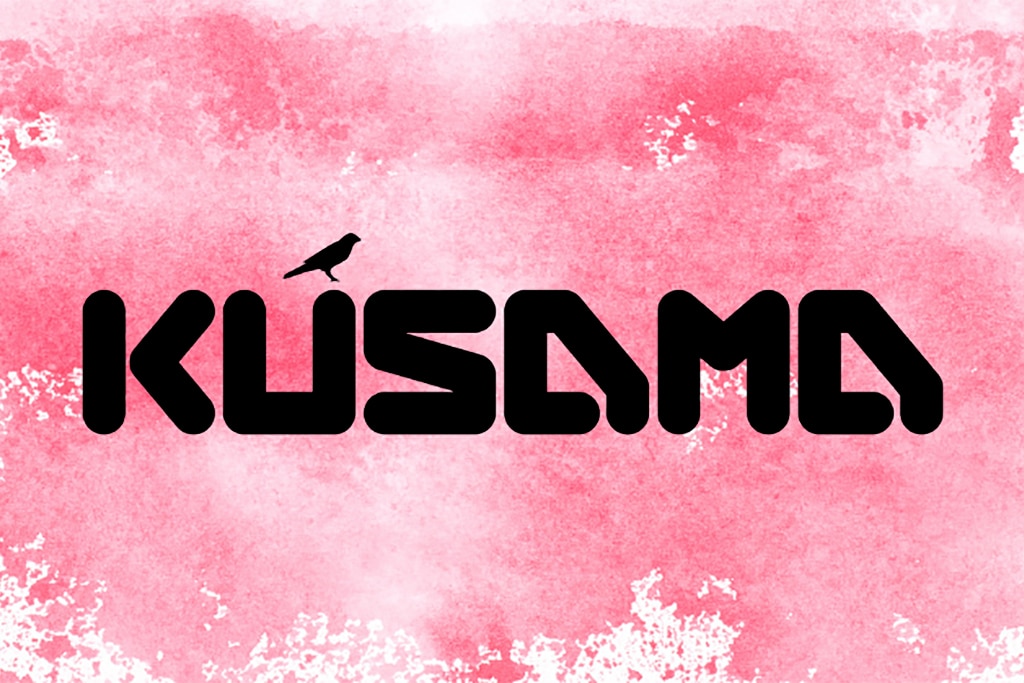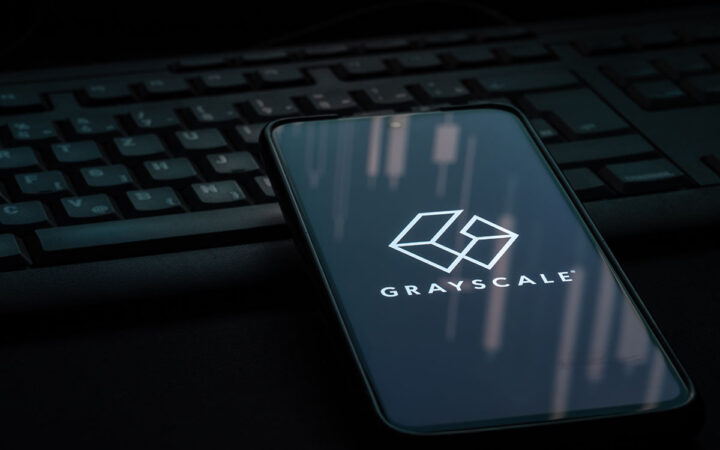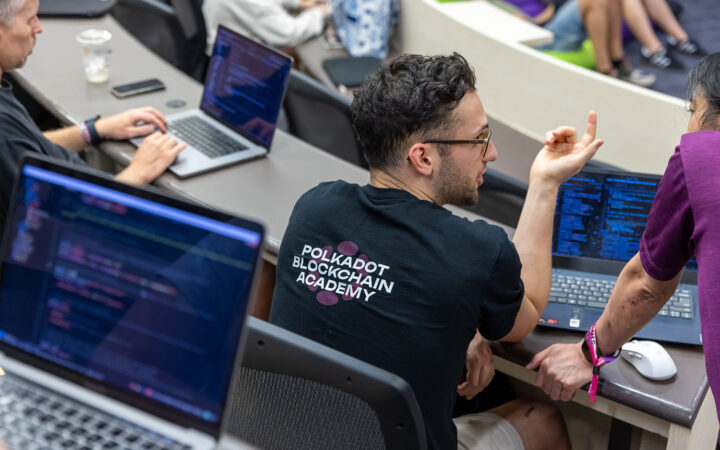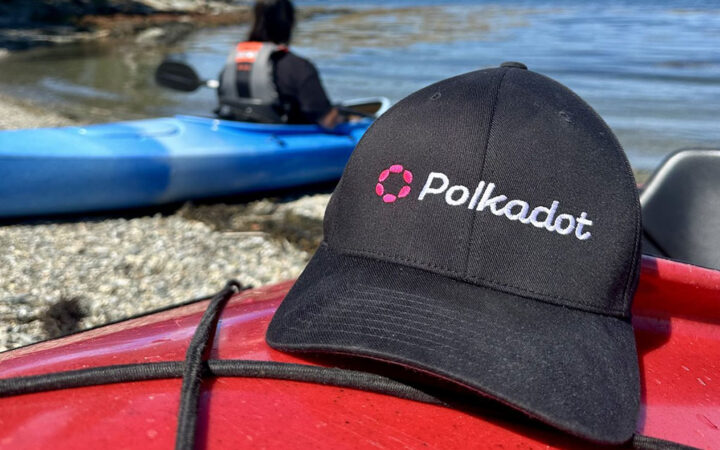
Please check out latest news, expert comments and industry insights from Coinspeaker's contributors.
Competition for the remaining slots is looking tough, and there are a number of key contenders battling it out.

Between June and July this year, the first batch of Kusama parachain slots were auctioned off. Polkadot’s technology gave the community the opportunity to select their favored projects through a fair and secure auction mechanism.
In the end, the winning projects for the initial five slots were Karura, Moonriver, Shiden, Khala, and Bifrost.
The stability report for these parachains was published last month. Aside from occasional incidents such as temporary stalling of block finalization, it was revealed that parachain block production, approvals, and finality are relatively stable.
Parachain slots six to 10 will be auctioned off between September 1 and October 6.
Now, the Polkadot community is left eagerly waiting to see where the next slots will be awarded.
The sixth parachain slot auction began on September 1 and ran until September 7. It was awarded to KILT Protocol, an open-source blockchain protocol designed to issue claim-based verifiable, revocable, and anonymous credentials.
KILT allows users to claim arbitrary attributes about themselves, get them attested by trusted entities, and then store these claims as certificates.
Competition for the remaining slots is looking tough, and there are a number of key contenders battling it out.
Unsurprisingly, there are an increasing number of decentralized finance (more commonly known as DeFi) platforms cropping up. Essentially, DeFi is a global, open alternative to our current system, and it has gained a significant amount of traction over the past year. To get a sense of the scale of its growth, the industry grew by 88x in a year at its peak.
One of these DeFi projects that has gained a significant amount of attention over the past few months is the first real-world decentralized asset financing protocol Centrifuge.
Centrifuge enables businesses to tokenize real-world assets and use them as collateral to access financing. This is done through Tinlake, which is Centrifuge’s asset-backed decentralized app.
Back in 2018, Centrifuge raised $8M from a seed round. More recently in 2020, it raised $4.3M from a SAFT (Simple Agreement for Future Tokens).
It’s anyone’s guess who will win the remaining four slots for this round – but Centrifuge looks like it’s in with a good shot.
Centrifuge, along with Calamari Network and Basilisk, looks like it is in a good position to win one of the remaining slots for this round. However, back in March 2021, Centrifuge CEO and co-founder Lucas Vogelsang voiced his caution about paying over the odds for a parachain slot.
“Maybe we’re not going to be as desperate to bid on one of the first slots, looking at how overhyped this market is right now, meaning the DOT market and all these parachain loan offerings and projects going on,” he said.
“We’re going to make sure we’re not going to overpay for that. Because I think these first few slots they’ll look at it more as a marketing expense than actually like paying for your security.”
Bidding for the 7th parachain slot has already started, and will run until September 15. Follow along with it here.
Disclaimer: Coinspeaker is committed to providing unbiased and transparent reporting. This article aims to deliver accurate and timely information but should not be taken as financial or investment advice. Since market conditions can change rapidly, we encourage you to verify information on your own and consult with a professional before making any decisions based on this content.

Please check out latest news, expert comments and industry insights from Coinspeaker's contributors.




